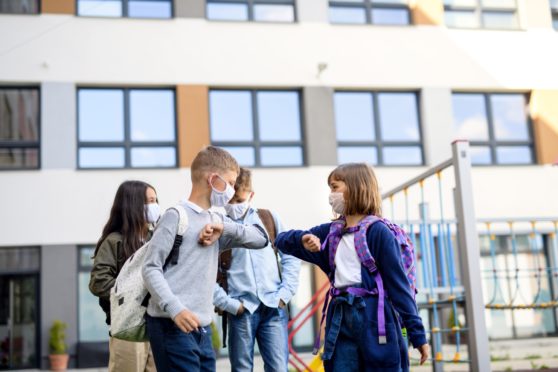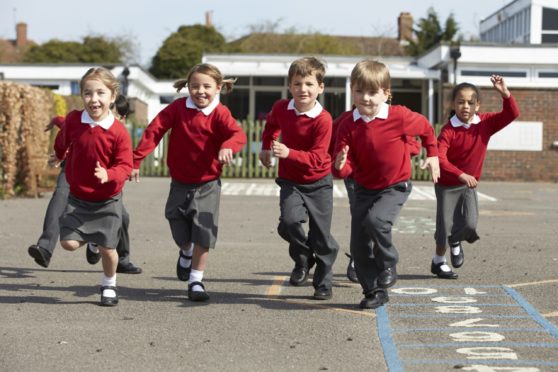School holidays are looming.
Seven weeks of freedom beckon. Excitement is building and children’s emotions are collapsing in a heap of over-tiredness and tears.
For many, organising childcare is going to be challenging. Family who live abroad may be less able to help out due to travel restrictions.
A headache that can be even harder to tolerate when the fuse of a child is shorter and their least endearing side is on show.
One suggestion was that holidays be cut short this year to allow kids catch up on missed learning.
Can you think of a more miserable suggestion to put to a child? Have they been back long enough to need a break? Absolutely.
Socialising is draining – but at least we have an exit plan
If you have had the pleasure of socialising again you may also have noticed feeling drained.
We have longed for connection but we may also be using skills that are out of practice.
Some social situations can be tricky to navigate, but as a grown-up we have the choice to hatch an exit plan, disappear off to the toilet or use the social crutch of a phone.

Now think of a child in primary school who has to cope being in the company of the same group of kids for a significant chunk of their waking day.
Odds are, they are not going to get on with every one of them. Some of them might even give them a hard time and make school a pretty tough place to be.
They may also be going through the school gates carrying some hurt from home that makes their boots weigh heavy.
Warrior mask on
But whatever this hurt might be, they learn to wear their warrior face. Mask on. Feelings often pushed down and pressure volume cranked up.
And as they are learning how to be with other people, they will make mistakes.
They may side with someone tormenting another kid to avoid being the target of attention or feel the consequence of doing nothing.
Socialising can be emotionally demanding and increasingly complex as a child grows older.
For some, the school environment is also a bad fit, so aptly described by Katie Forbes in this recent piece about living with autism.
The noise and over-stimulation of school often contributes to kids feeling like they are on an emotional rollercoaster. Desperately trying to hold it together during the school day, and then falling apart when they go home.
It is difficult to learn if you are in a constant state of stress or if your brain is not wired to help you pay attention and sit still.
As children age, they identify more and more with their peers. Standing out and feeling different to others can feel painful and distressing to a child.
Unique challenge
We all have our own individual memories of school and will know in what ways this time proved hard, but none of our memories feature a pandemic.
This has been the unique challenge for our children to get through.
With the help of schools taking such a strong stance on emotional and psychological well being, I am hopeful that the sound of laughter in the playground is a sign of healing.
They have been through so much, we all have.
And if your enthusiasm for the holidays is not matching your child’s, that is okay too.
Whatever shape their holidays take, kids thrive on having time to connect with you and others, through play, laughing and making memories together.
Dr Tracy McGlynn is the mother of two young boys and a clinical child psychologist who works for the NHS with families in the Highlands.
Dr McGlynn has previously written for the Schools & Family team.
More from Schools & Family
Health chiefs issue Covid-19 advice ahead of school summer holidays
Are you smarter than a P6? Play Euroquiz 2021 at home and find out

